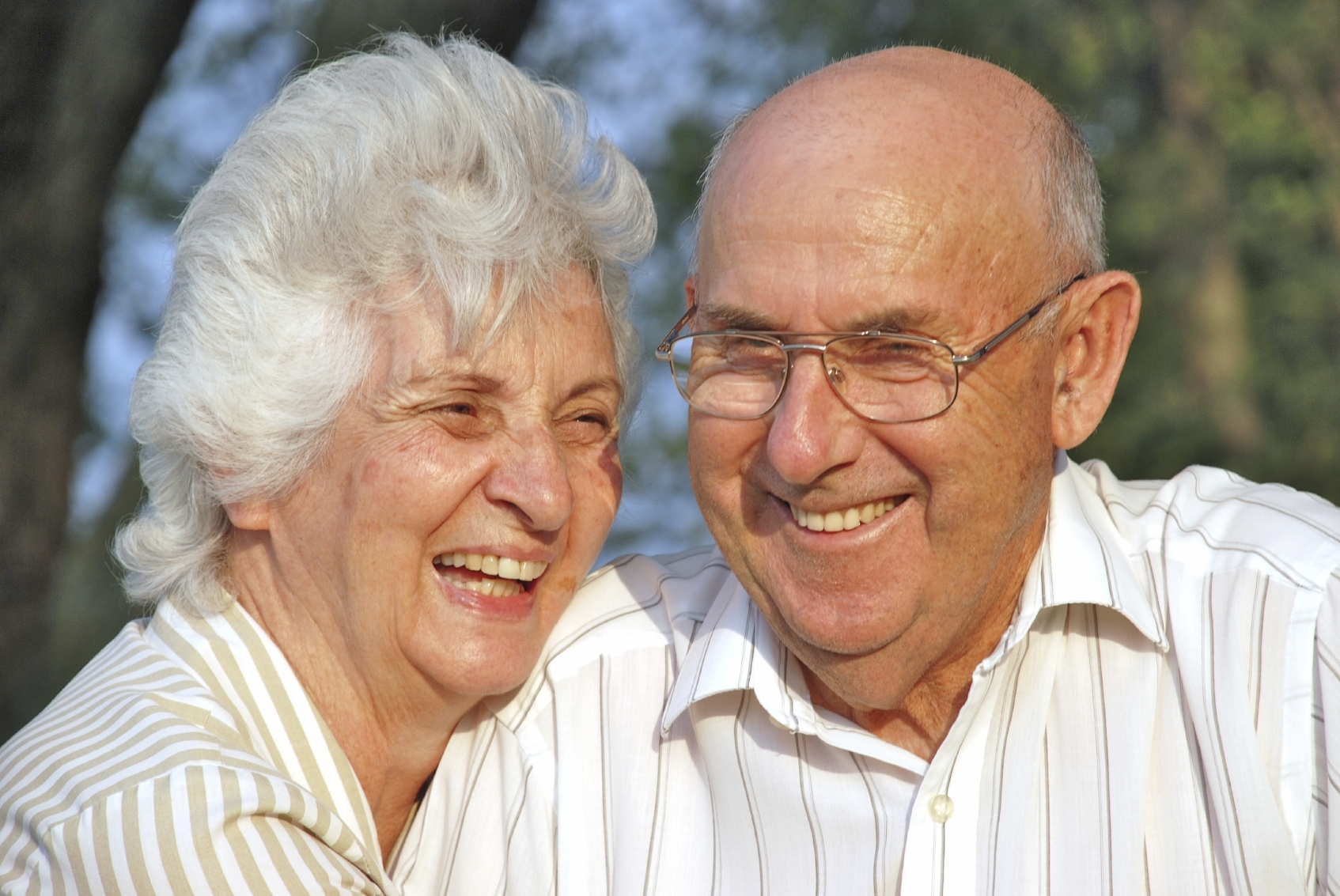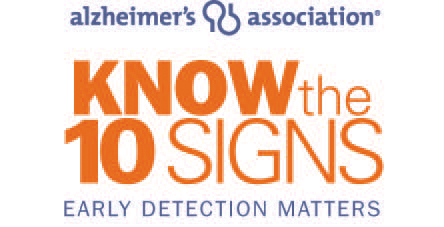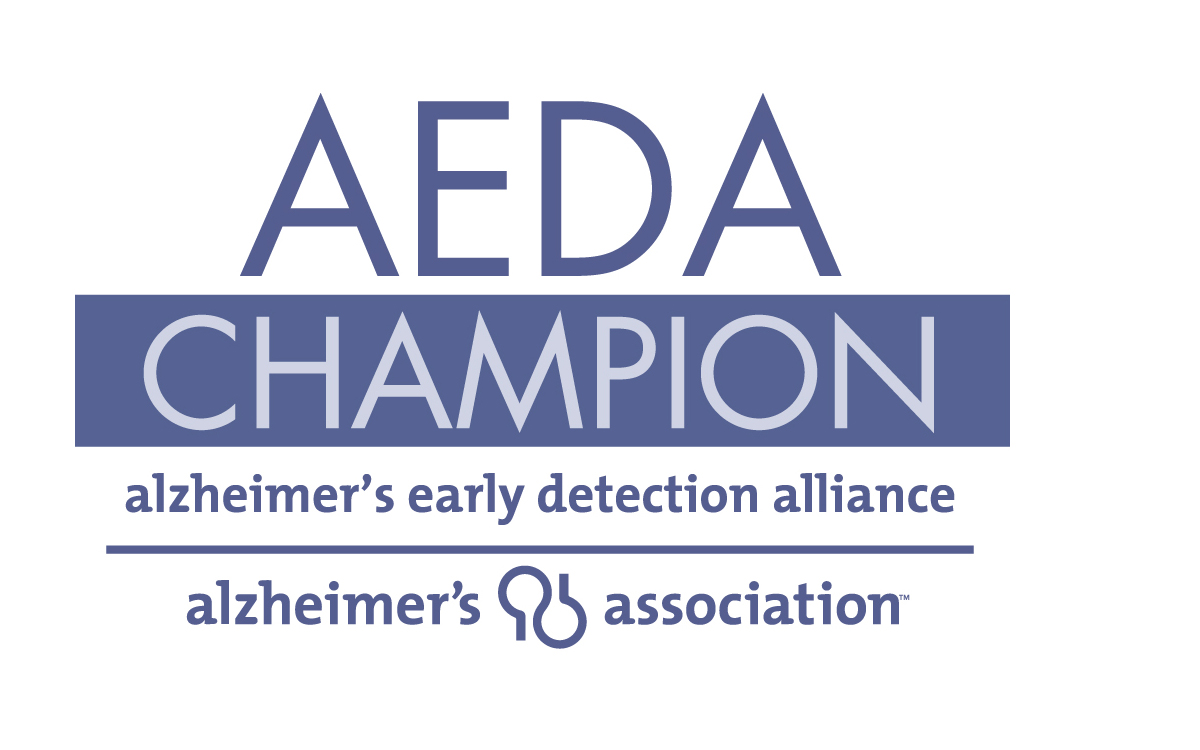 The holidays offer busy and remote families an opportunity to gather and spend time with loved ones who they see only occasionally during the year. While visiting, you may notice changes in a relative that raise questions about their health.
The holidays offer busy and remote families an opportunity to gather and spend time with loved ones who they see only occasionally during the year. While visiting, you may notice changes in a relative that raise questions about their health.
It’s often difficult to know the difference between typical age-related changes and the first signs of Alzheimer’s disease. Some people may recognize these changes in themselves before anyone else notices. Other times, friends and family will be the first to observe changes in the person’s memory, behavior or abilities. They may be easier to notice in a person who you don’t see very frequently.
Know the 10 Signs: Early Detection Matters, the Alzheimer’s Association’s national early detection campaign, can help you to recognize the warning signs of Alzheimer’s in a loved one.
The signs are a key tool in increasing recognition of changes that indicate Alzheimer’s or another dementia. Early detection, diagnosis and intervention are critical because they provide the best opportunities for treatment, support and planning for the future.
The 10 signs include:
- Memory changes that disrupt daily life
- Challenges in planning or solving problems
- Difficulty completing familiar tasks
- Confusion with time or place
- Trouble understanding visual images and spatial relationships
- New problems with words in speaking or writing
- Misplacing things and losing the ability to retrace steps
- Decreased or poor judgment
- Withdrawal from work or social activities
- Changes in mood and personality
If you or someone you care about is experiencing any of the 10 warning signs, please see a doctor to find the cause. For more information about the signs, early detection and diagnosis, contact the Alzheimer’s Association at 877.IS.IT.ALZ (877.474.8259) or visit www.alz.org/10signs



Leave a Reply